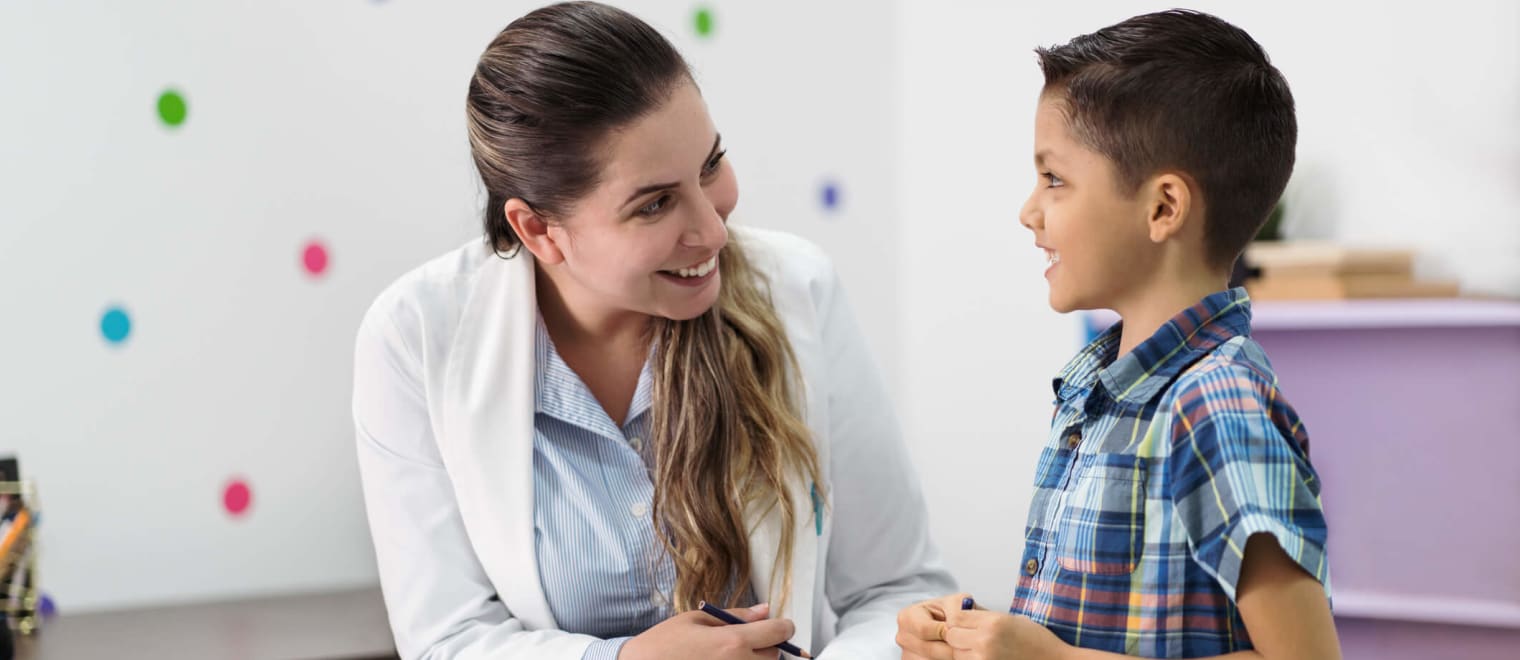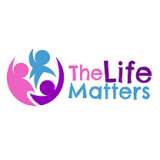This informal CPD article ‘Giving a child a voice will help them achieve their full potential in life’, was provided by Mary Brockwell, founder of The Life Matters, a charity which was set up to help children and young adults who find themselves struggling to cope with everyday life, self-harming or even suicide.
Giving a child a voice
A child’s voice is so important to their development in life as it helps professionals to understand their lived experiences and is recognised under the Human Rights Act and the United Nations Convention. Article 12 states in one of its principles that all children have the right to express their views, wishes, and feelings, and that their views should be taken into consideration.
The United Nations Convention
The United Nations Convention on the Right of a Child1 is an international agreement which sets out the legal agreement that sets out a child’s political, social, economic, civil rights and cultural rights of every child, and gives the same opportunity regardless of religion, race or abilities.
A child’s Human Rights 4 basic principles
- Not to be discriminated against
- In the best interests of the child
- Right to survival and development
- Right to have a voice
All children deserve the right to be heard
This allows the child to feel safe, secure and valued. It also helps professionals to safeguard them. Having a voice also awards a child of their identity giving them room to grow as an individual and to be able to feel empowered to express themselves, promoting them the best opportunities and capability to reach their full potential.
Not all children are able to express them selves in safe environments and this sometimes leads to serious consequences affecting their mental health.
Did you know that 1 in 5 children in the UK are presumed to have a mental health disorder?2 and 7% of all UK children have attempted suicide by the age of 17. The known figure of suicides is not able to be recorded as often the coroner has an extremely difficult job to do when recording the death. But a lot of deaths of children under the age of 18 have an identified history suicide ideation before their death. If we are unaware of children’s views and feelings, it is harder to support them.
Mental health struggles often include stigma and shame, backlogs of referrals, not knowing how to seek support with other contributing factors including, feeling inadequate in school, exam pressure, bullying, cyber bullying, sexual orientation, domestic abuse, substance misuse, alcohol misuse, poverty, disabilities, crime, families etc.
Children will have the best chance in life if they are to be nurtured from an appropriate adult form a very young age. Understanding how to manage their emotions too could also enable them to have a voice, to seek help, promote self-awareness, build resilience and increase wellbeing, build self-esteem and confidence. Giving a child their basic human rights will help them reach their full potential.
We hope this article was helpful. For more information from The Life Matters, please visit their CPD Member Directory page. Alternatively, you can go to the CPD Industry Hubs for more articles, courses and events relevant to your Continuing Professional Development requirements.
Reference:
1 https://www.unicef.org.uk/what-we-do/un-convention-child-rights/
2 https://www.england.nhs.uk/2023/11/one-in-five-children-and-young-people-had-a-probable-mental-disorder-in-2023/













